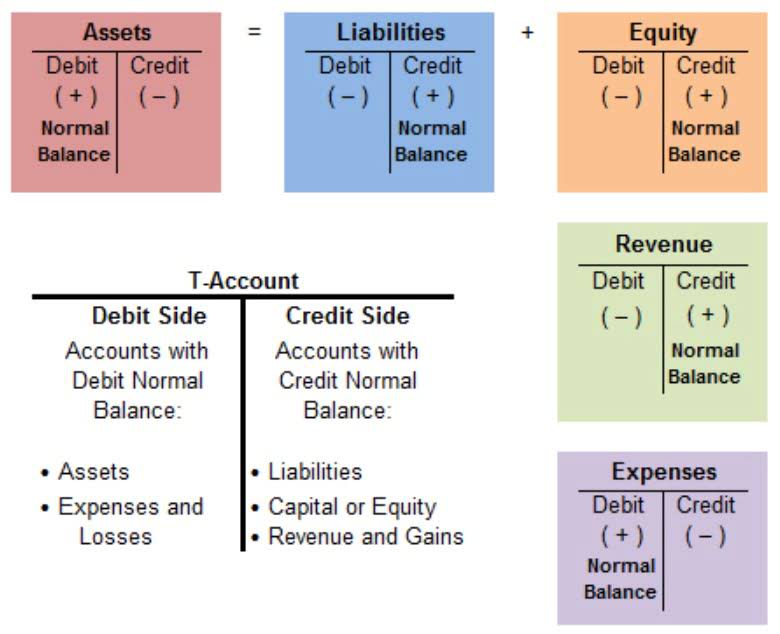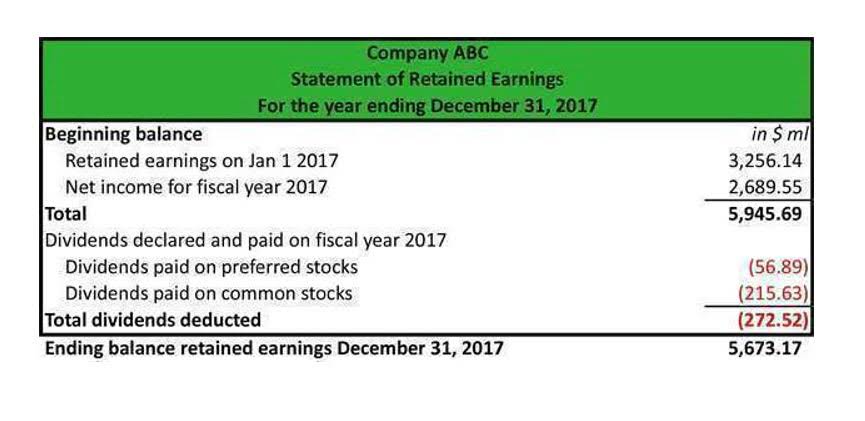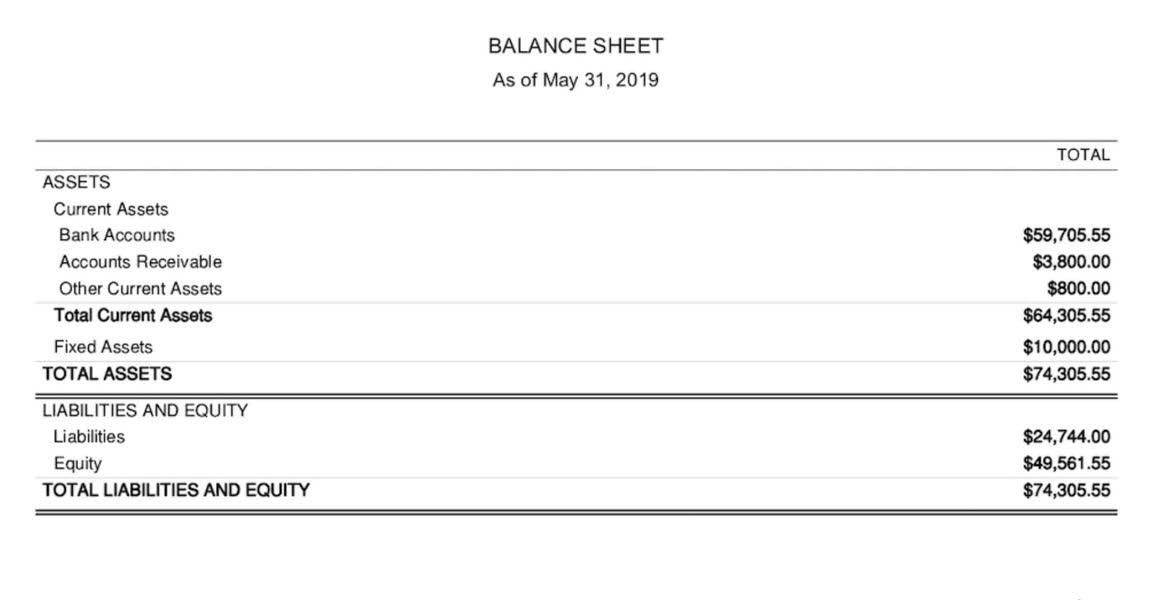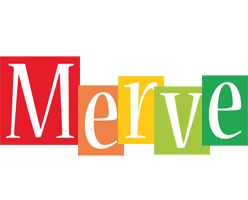
Whether you’re stocking shelves, storing products in a warehouse, or juggling supplies for your services, inventory management can make or break your success. If you’re feeling overwhelmed or unsure where to start, this guide is for you. Once you know which record categories you need to keep, label an index tab for each type of records you’ll keep. Some business I’ve seen put transactions and accounting records up front, since these are going to be filled with documents.
Small Businesses
Ensure your record-keeping practices comply with legal and regulatory requirements. Understand the retention periods for different types of records and adhere to them. Inventory management is the backbone of any successful small business. By implementing smart practices, choosing the right tools, and staying adaptable, you can keep your business running smoothly.

Importance of Record Keeping
Sole proprietorships and partnerships without a DBA do not legally have assets = liabilities + equity to open a separate account. But again, separating accounts makes keeping business records easier. Again … when in doubt, it’s better to be safe than sorry and hang onto records longer than you need to. Check with your accountant, state, or the IRS if you have questions about recordkeeping time periods.

Maintain consistency

You can find various types of accounting software according to your business needs. Also, the retrieval of information is record keeping for small business also possible easily with accounting software. Unlike spreadsheets, accounting software also makes it possible for the auto-generation of reports.

- This blog provides information on handling and filing financial records for small businesses.
- By maintaining accurate and up-to-date records, you can optimize customer interactions, enhance vendor partnerships, and contribute to the overall success of your small business.
- You can submit documents digitally if they are a copy of the original and can be printed to produce a legit document.
- Recordkeeping for small businesses can be done through either hard copy or electronic filing.
- You may not need all the functions as you start but as your organization grows, you may need different functions to manage a business efficiently.
- Keep clear records—such as receipts, bills, canceled checks, and employment documents—to back up your claims and speed up the IRS audit process.
Contact us today to learn more about our accounting and advisory services and how we can support your business. Effective inventory tracking is the backbone of a well-managed business. Knowing exactly what you have, where it’s located, and how much you need is crucial for preventing stockouts, overstocking, and inefficiencies. For small and medium-sized businesses, Cleverence is an excellent choice. Their Warehouse 15 solution simplifies inventory management with integrated barcode Partnership Accounting scanning and seamless compatibility with various devices, such as Honeywell and Zebra. Designed for ease of use, Cleverence software can handle both online and offline operations, making it ideal for businesses with warehouses or retail stores.
